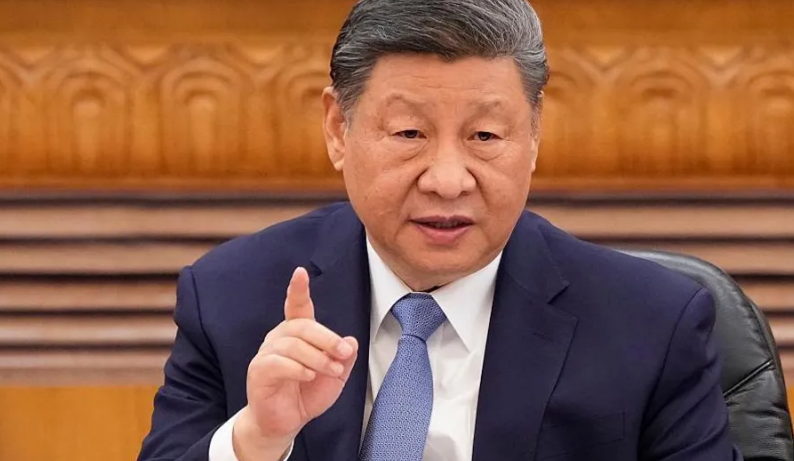Tensions have reignited between China and the United States as Beijing accuses Washington of breaching the fragile trade truce agreed upon just weeks ago. China’s Ministry of Commerce issued a strongly worded statement on Monday, claiming the US has “severely violated” the terms of their recent agreement and vowed to take “strong measures” to defend its economic interests.
The remarks come in response to US President Donald Trump’s accusation last week that China had “totally violated its agreement with us.” While President Trump offered no specifics, US Trade Representative Jamieson Greer later said China had failed to remove non-tariff trade barriers as agreed.
The two global powers struck a surprise deal in Geneva in May, where both sides agreed to lower tariffs. The US slashed its duties on Chinese goods from 145% to 30%, while China reduced its retaliatory tariffs on American products from 125% to 10%.
But Beijing now says the US has reneged on multiple parts of the agreement, citing a halt in the sale of advanced chip-design software to Chinese firms, new restrictions on the use of Huawei-made chips, and the revocation of visas for Chinese students as examples of escalating US actions.
“These moves seriously undermine the spirit of cooperation reached in Geneva and violate the consensus reached between President Xi Jinping and President Trump during their phone call in January,” said a ministry spokesperson.
Despite rising tensions, both sides have left the door open for further discussions. US Treasury Secretary Rachel Bessent said on Sunday that she expects the trade issues to be resolved once Trump and Xi speak directly again. “The details will be ironed out,” she told CBS News, without confirming a date for the proposed call.
Kevin Hassett, Director of the National Economic Council, echoed that sentiment, telling ABC News that “both sides have expressed a willingness to talk” and that a conversation between the leaders could take place this week.
However, the Chinese government has traditionally favoured resolving disputes through lower-level negotiations before escalating matters to the presidential level.
Meanwhile, Washington’s decision to double tariffs on steel and aluminium imports from 25% to 50% starting Wednesday has further fuelled tensions. Announcing the move at a rally in Pittsburgh, President Trump said the policy would support domestic steel production and reduce dependence on Chinese imports.
The renewed war of words and policy escalations have cast doubt over the stability of the Geneva agreement and raised concerns among analysts about the viability of reaching a lasting trade deal between the two economic giants.


